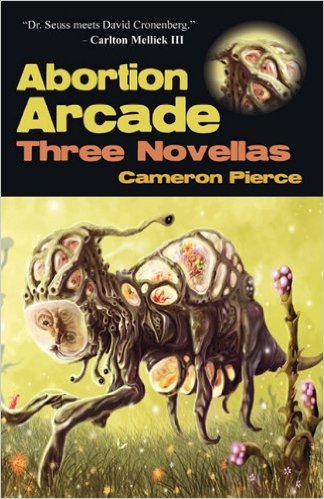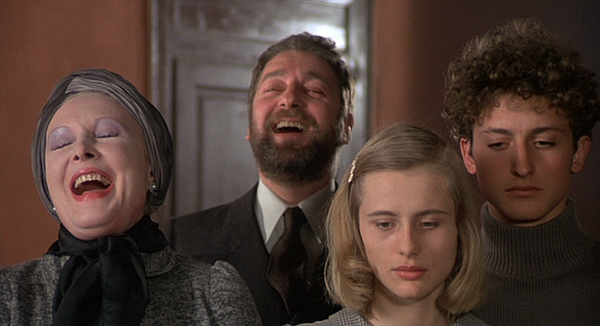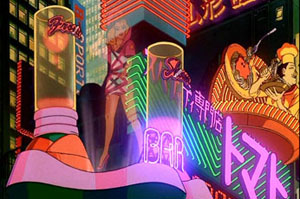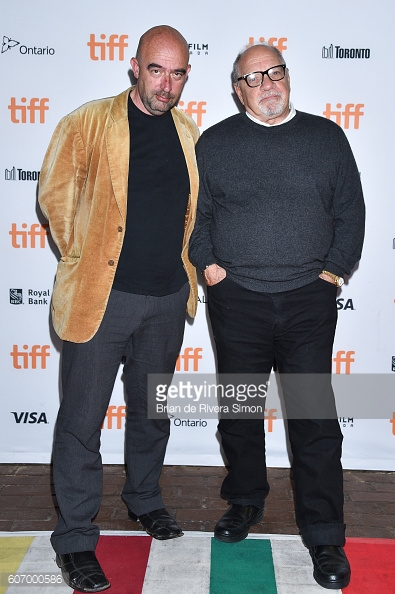Robert Stark and co-host Pilleater talk to Bizarro fiction writer Cameron Pierce. Cameron has written Ass Goblins of Auschwitz, Abortion Arcade, Die You Doughnut Bastards, and operates Lazy Fascist Press
Topics:
Eraserhead Press and his first book Shark Hunting in Paradise Garden
Pilleater’s bizarro fiction piece, Nana’s Song, and Edward Lee’s Brain Cheese Buffet
Ass Goblins of Auschwitz
New-wave science-fiction: Harlan Ellison, Samuel R. Delany, and William Gibson’s cyberpunk.
Weekly World News and “the cult selection of video stores.” VHS culture: http://stanvhs.tumblr.com/
Peppermint Park and Wonder Showzen.
The aesthetics of Vaporware and bizarro fiction.
Sam Pink, Gary J. Shipley, and Portlandia culture.
The Blair Witch Project, Ring, Channel 0, and Creepypastas.
Ren & Stimpy, Rocky’s Modern Life, dark cartoons.
David Lynch and Harmony Korine.
Robert Stark’s upcoming Novel.
Comic books, pictures, and the book industry.
Abortion Arcade
Bizarro fiction in academia.
Die You Doughnut Bastards
Superjail, Pig, Goat, Banana, Cricket and Xavier Renegade Angel.
Postmodernism, Don DeLillo, and House of Leaves.
THOMAS LIGOTTI, Nine-Banded Books, Jim Goad.
The Alt-Right, Alt-Left, and political ideologies. Laibach and Zizek.
Ryan Andrew’s The Birth of Prudence. Theme and aesthetics.
Boards of Canada, John R. Dilworth, and nostalgia
Chris Korda and the Church of Euthanasia
Internet memes, meme magic, identity politics, and the Alt-left.
Andy Nowicki, Yukio Mishima, Japanese writers.
Slam Dunk and FLCL
Bizarro films, cartooning, and mental images
Click Here to download!
Check out Robert Stark’s Paintings!










